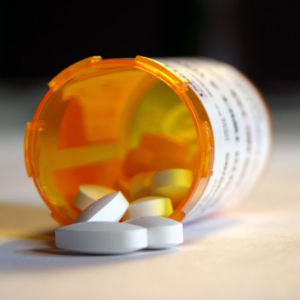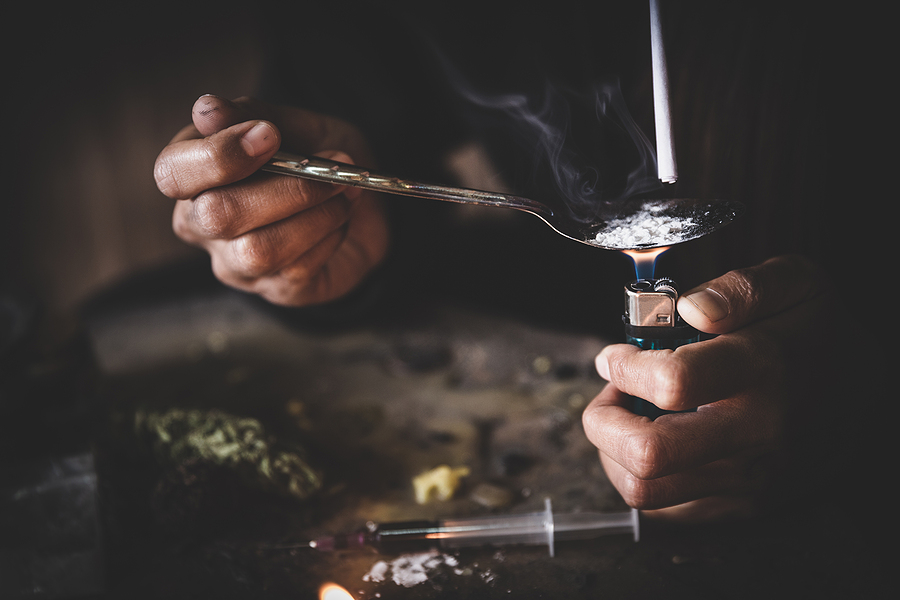DIDONATO: Non-Opioids Can Help in the Fight Against Addiction and Save Lives

The opioid epidemic is the one of most serious public health and safety challenges facing our commonwealth, as reflected by the fact that in 2021 we lost an average of 14 Pennsylvanians each day to an overdose.
Overcoming this crisis requires a multi-pronged approach to support those struggling with addiction. But the goal should always be to stop addiction before it takes root, and as a certified register nurse anesthetist, I believe that requires reevaluating our approach to pain management and looking at where we can lessen the use of opioids or prescribe alternatives where those exist.
Among the tools that could have a real impact on weaning patients off opioids are non-opioids. I know that sounds obvious, but the U.S. Food and Drug Administration is close to approving the first non-opioid pain treatment for managing serious pain.
Non-opioids address pain outside of the brain, eliminating the risk of a patient becoming addicted to the treatment. To-date, the drawback of non-opioids has been that they were not powerful enough to effectively treat severe pain. But successful Phase III trials have been really encouraging to many of us in the medical community.
Non-opioids for severe pain could significantly reduce the number of opioids that patients are prescribed, and in turn drastically cut down the rate of opioid addiction occurring across our country.
Such a monumental advancement in medicine warrants action, so it’s encouraging to see some lawmakers — including many in our region — are already taking steps to ensure these treatments are accessible to those who need them once they are granted final approval.
In Congress, the recently introduced Alternatives to PAIN Act would make non-opioids more accessible to seniors, a demographic which typically has a heightened reliance on pain management treatments, by ensuring that non-opioids are covered under Medicare, the federal program that tens of millions of seniors receive their health insurance coverage through.
Not only would non-opioids be covered under the Alternatives to PAIN Act, but the bill also would make sure they don’t cost more than generic opioids. This provision is necessary: No patient should be forced into using more harmful and addictive treatments because they’ve been priced out of accessing healthier alternatives.
State legislatures across the country are joining the effort to leverage non-opioids alternatives to their fullest potential. Some states are considering bills that would cover these alternatives under their state’s respective Medicaid program, while others are pursuing investments in educational materials that inform patients and doctors about the existence of non-opioids, as well as the dangers of opioids.
Pennsylvania’s General Assembly has yet to introduce legislation on non-opioid access or education, but there’s still time to do so. It’s urgent that our lawmakers in Harrisburg make this a priority.
Our commonwealth has been hit especially hard by this crisis, which is why it’s imperative that every Pennsylvanian dealing with severe pain has access to these groundbreaking new treatments once they become available to the public.
Each patient who can avoid an unnecessary reliance on opioids could be another Pennsylvanian spared from opioid addiction further down the road.
It’s crucial for Pennsylvania’s legislative leaders to proactively embrace these opportunities to make a lasting impact on saving lives within our commonwealth.
Please follow DVJournal on social media: Twitter@DVJournal or Facebook.com/DelawareValleyJournal



